
Aktuelno
Članak
The way out of the current situation in BiH is to eliminate the politics of Serbia and Croatia
Negotiations on constitutional changes and amendments to the Election Law of Bosnia and Herzegovina seem like a real mess
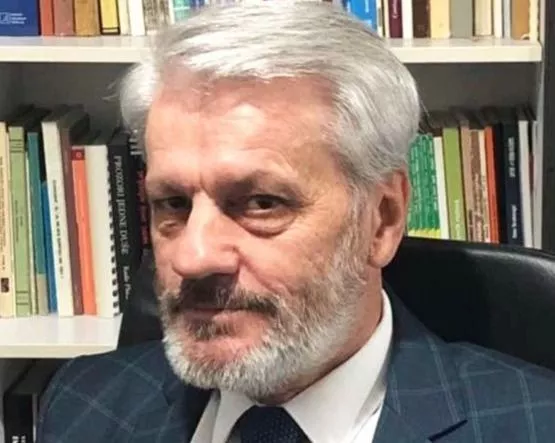
By: Dr. Enver Išerić
Negotiations on constitutional changes and amendments to the Election Law of Bosnia and Herzegovina seem like a real mess. Even the US and EU mediators are failing to reconcile the
views of political party representatives on these important issues. Why is it so?
Because the goal is being reached in the wrong way. Instead of analyzing all the weaknesses of the electoral system, the existing provisions of the Constitution of Bosnia and Herzegovina,
which incorporate mechanisms to block the work of state institutions and discriminatory provisions that put the citizens of Bosnia and Herzegovina in an unequal position due to
restrictions on suffrage, the entire negotiation process is focused on only one issue - the legitimate representation of Croats in the institutions of Bosnia and Herzegovina (House of
Peoples of the Parliament of the Federation of Bosnia and Herzegovina and the Presidency of Bosnia and Herzegovina).
In addition, the negotiations were limited to political parties in the Federation of Bosnia and Herzegovina, as if the issue concerned only the FBiH. This would be understandable only if it
was about amending the FBiH Constitution. Since this is not the case, but it is a matter of the need to amend the Constitution of Bosnia and Herzegovina and the Election Law of Bosnia
and Herzegovina, then political parties from the Republika Srpska entities must be included in full capacity.
Why is it then that the negotiations only sporadically mention the obligations of Bosnia and Herzegovina arising from the judgments of the European Court of Human Rights, which
found violations of human rights throughout Bosnia and Herzegovina, of all three constituent peoples, and citizens of Bosnia and Herzegovina who declare themselves as Others? We must
keep in mind the fact that all citizens of Bosnia and Herzegovina from all three constituent peoples and others must be guaranteed the right to run for a member of the Presidency of
Bosnia and Herzegovina and the House of Peoples of the Parliamentary Assembly of Bosnia and Herzegovina.
This practically means that Bosniaks and Croats from the RS entities must be elected to the House of Peoples of the Parliamentary Assembly of Bosnia and Herzegovina, but also Serbs
from the Federation of BiH. Others must also be given this right by forming a club of Others in the House of Peoples of the Parliamentary Assembly of Bosnia and Herzegovina or guaranteeing a certain number of seats from the constituent peoples' quotas in each of the existing clubs, because every citizen must have the right and opportunity to participate in the conduct of public affairs without undue restrictions, directly or through freely elected representatives.
The implementation of the judgments of the European Court of Human Rights cannot be
reduced to cosmetic changes that formally give the right to run, but at the same time
mechanisms are introduced that prevent the exercise of that right.
When it comes to the election of delegates to the House of Peoples at the entity and at the level of the state of Bosnia and Herzegovina, the national declaration, for the purpose of
election, should be taken as relevant declaration by candidates of the last census in Bosnia and Herzegovina. This would eliminate the existing abuses of the national declaration in order to
secure a place in a certain club of the House of Peoples in the election process. The Presidency of Bosnia and Herzegovina is the collective head of state, representing all its citizens and the entire state of Bosnia and Herzegovina. Therefore, it is completely unacceptable for members of the collective head of state to be elected by citizens who are members of a certain nation or from the ranks of Others. That way, in terms of building a modern and democratic state, but also respecting the basic electoral principles recognized by the international community, we go several centuries backwards.
This would practically endanger the very survival of the state of Bosnia and Herzegovina, bearing in mind the fact that the nationalist and greater-state politics of Serbia and Croatia are
still alive, as evidenced in the statements by the presidents of those states - Aleksandar Vučić and Zoran Milanović, which upset BiH citizens and who interfere in the internal affairs of our
state without any basis. They are no guarantors of the Dayton Peace Agreement, even though they want to present themselves in this way, thus justifying their actions, which are contrary
to the Dayton Peace Agreement and all other principles of international law relating to relations between states as subjects of international law.
Such policy has further complicated the political and security situation in Bosnia and Herzegovina, and we can get out of this imposed 'vicious circle' only by eliminating the
greater-state policies of the neighboring countries of Serbia and Croatia. Bosnia and Herzegovina is facing an unprecedented unconstitutional blockade of state institutions, but at the same time there is a blockade of the implementation of election results at the level of the Federation of Bosnia and Herzegovina on the scene. From the standpoint of the Constitution of the Federation of Bosnia and Herzegovina, blocking the procedure for electing the President and two Vice Presidents of the Federation is impossible for any party or any club in the House of Peoples of the Federation Parliament, because one third of any club in the House of Peoples is enough for proposal of list of candidates.
This means that each club has the opportunity to propose its own list of candidates, and even from one club can be proposed three lists of candidates decided by the Parliament of the
Federation of BiH, in the manner prescribed by the Constitution of the Federation of BiH. The election of the President and two Vice-Presidents does not require an established parliamentary majority, but the President of the Federation of Bosnia and Herzegovina should discuss the issue with the political parties represented in the Parliament when proposing candidates for Federal Prime Minister and Ministers in the Government in order to reach a consensus and thereby a parliamentary majority.
This view derives from the constitutional provision (IV B 2. (1)) which prescribes: 'When electing the president and two vice presidents of the Federation BiH, at least one third of the delegates from the clubs of Bosniak, Croat or Serb delegates in the House of Peoples may nominate the president and two vice presidents of the Federation of BiH'.
#English
Najnovije
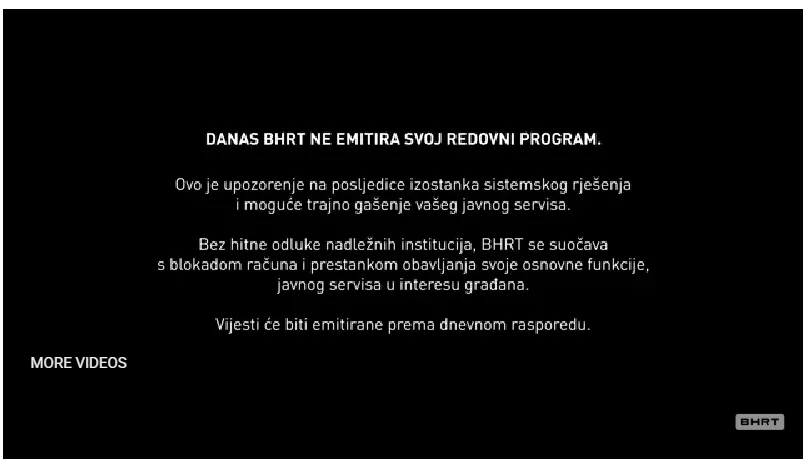
BHRT prekinuo redovni program, bit će emitovane samo vijesti!
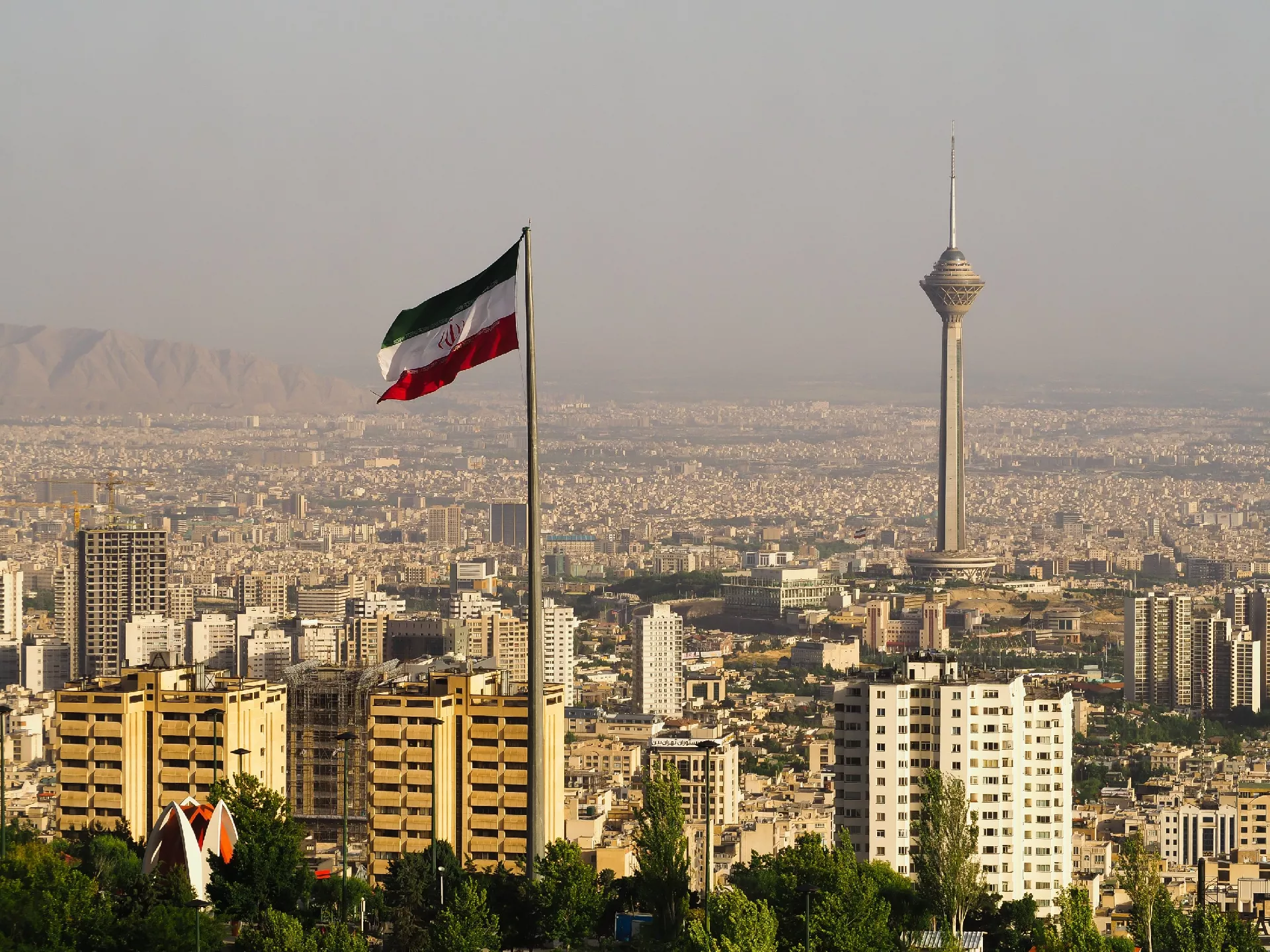
Iran povećava utovar naftnih tankera dok Sjedinjene Države u regiji gomilaju vojsku
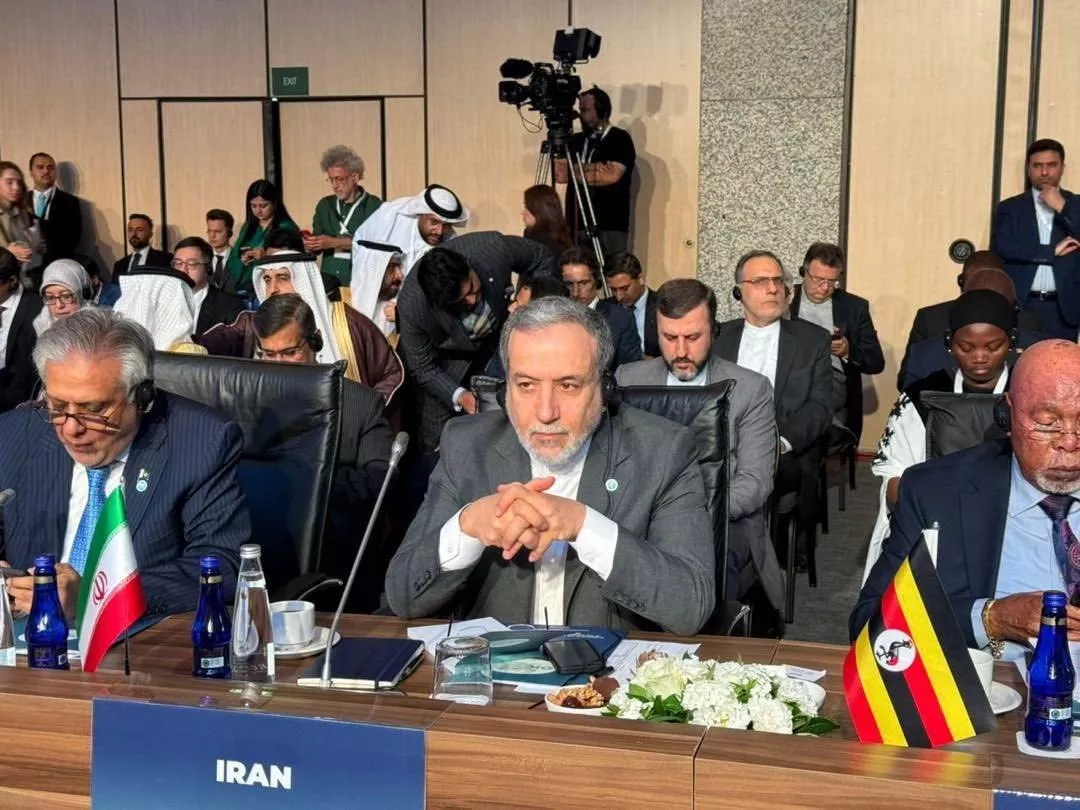
Iranska vlada: Danas pregovori sa Sjedinjenim Državama
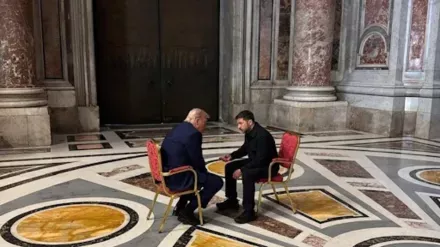
Trump i Zelenskiy razgovarali prije pregovora između Ukrajine i SAD-a u Ženevi
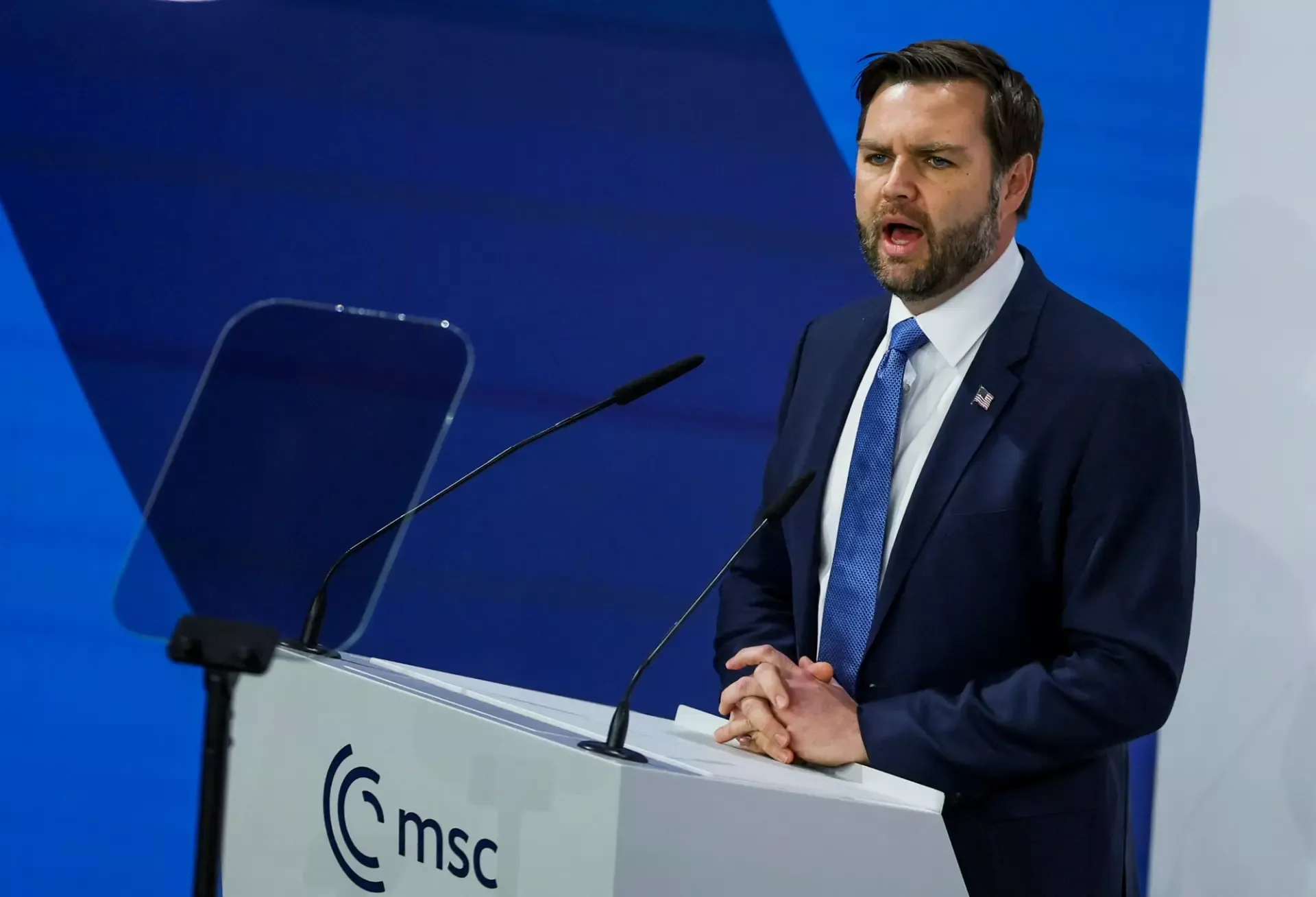
Vance: Washington vidi dokaze da Iran pokušava obnoviti nuklearni program
Najčitanije
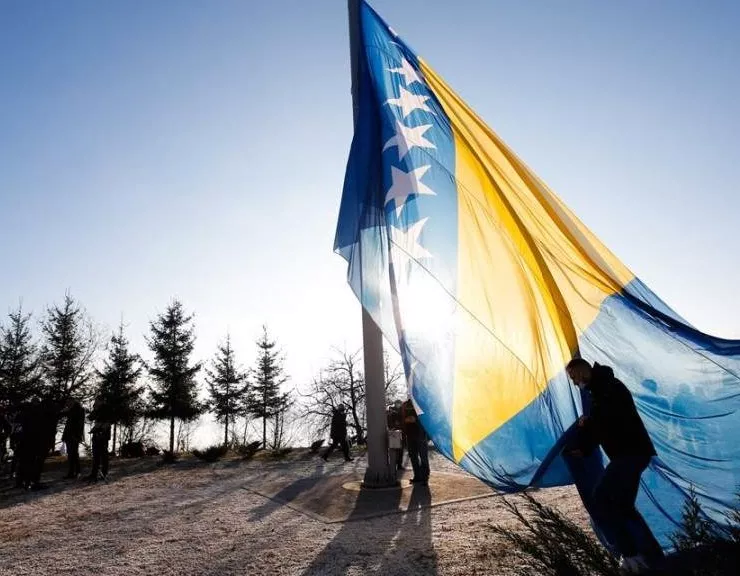
Dan nezavisnosti BiH obilježava se 1. marta i ne prenosi se, Hota-Muminović proglasila i 2. mart neradnim danom?
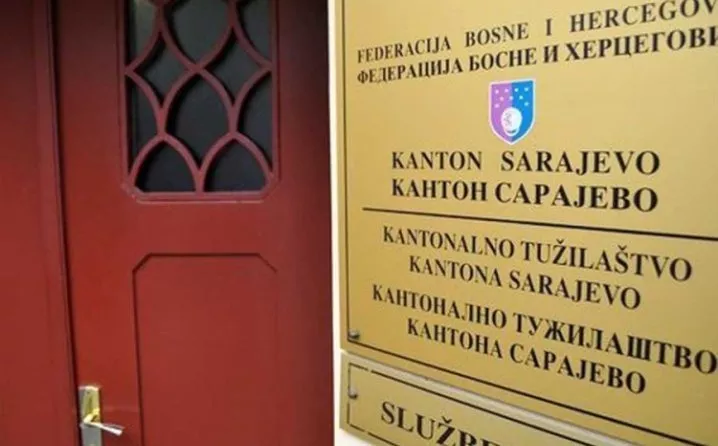
ŠTETA I UK NE ZNAJU Tužilaštvo KS neće provoditi istragu o dugu KJKP Gras zbog neplaćanja poreza i doprinosa
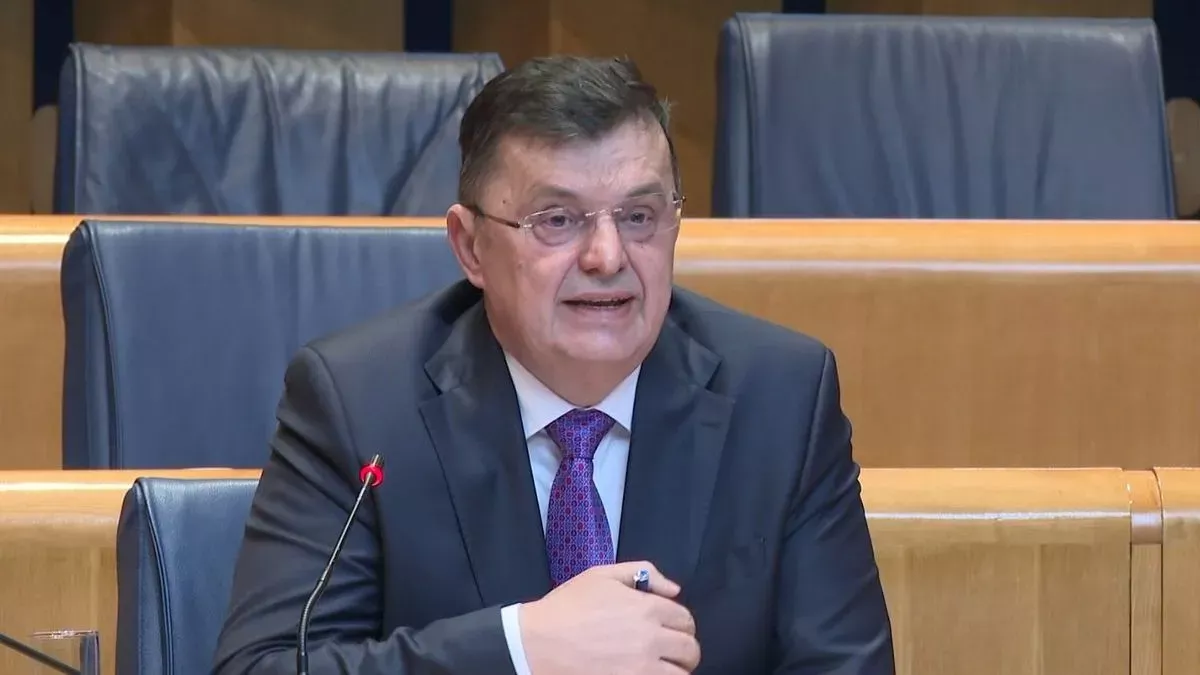
Komisiji za borbu protiv korupcije stigle prijave: Ko unaprijed gradi carinske terminale za UIO i kome se pogoduje
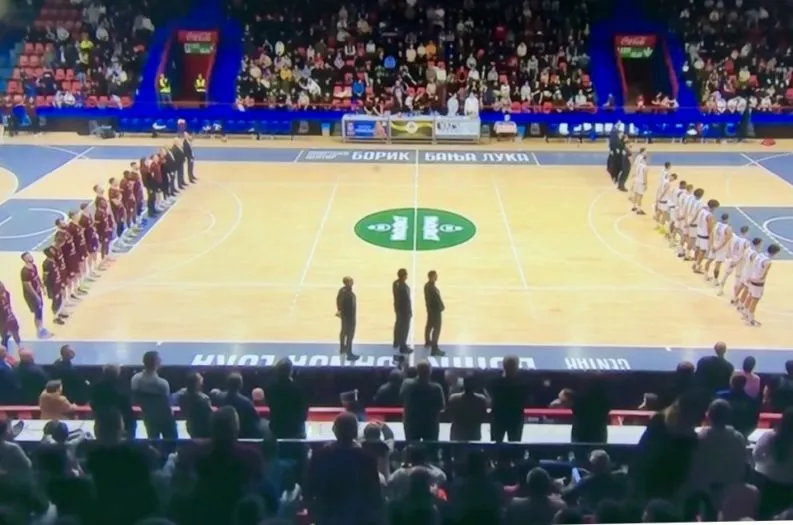
UTAKMICA BORCA I BOSNE U Banja Luci izviždana i prekinuto intoniranje himne BiH
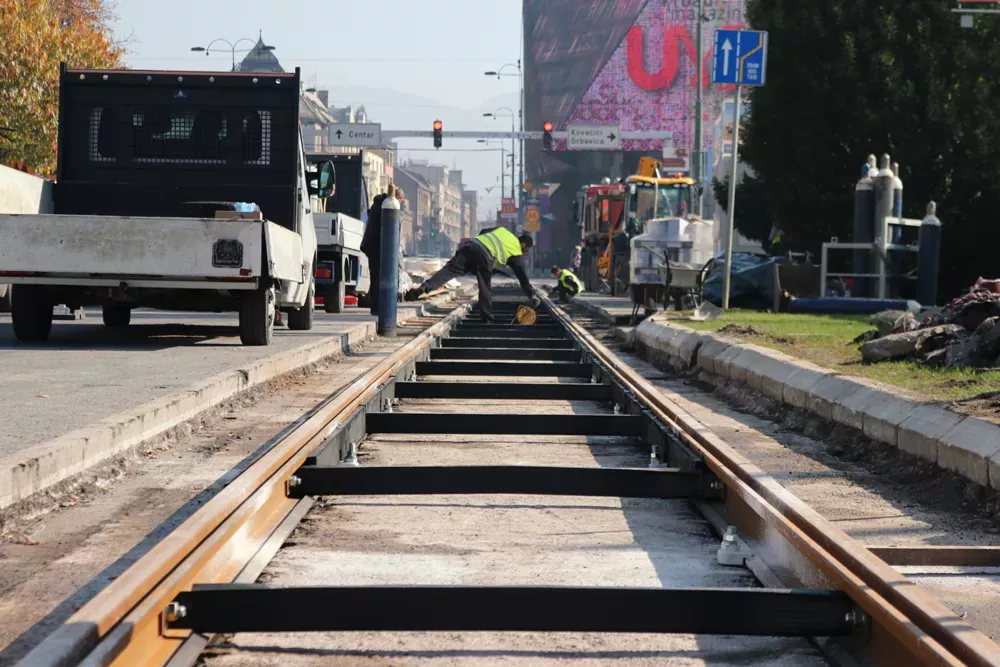
Vlada KS: Rekonstruisana tramvajska pruga ima sve upotrebne dozvole
